Why are they superior for viscous substance measurement?
When it comes to measuring viscous substances in industrial processes, accuracy and reliability are paramount. Many flow measurement technologies struggle with thick, sticky fluids that can clog sensors, cause pressure drops, or deliver inconsistent readings. This is where Coriolis flow meters demonstrate their clear superiority, offering unparalleled performance where other technologies fall short. Their unique operating principle and robust design make them the preferred choice for handling everything from heavy crude oil to food products like honey and syrup.
Unmatched Accuracy Regardless of Fluid Properties
Coriolis flow meters maintain exceptional measurement accuracy even with highly viscous fluids that would compromise other flow technologies. Unlike differential pressure meters that rely on fluid properties for calculations, Coriolis meters directly measure mass flow by detecting the Coriolis effect on vibrating tubes. This direct measurement approach eliminates the need for viscosity compensation or recalibration when fluid characteristics change. The result is consistent precision typically within ±0.1% of rate, regardless of whether you're measuring thin solvents or thick polymers with viscosities exceeding 10,000 cP.
No Sensitivity to Viscosity Changes
One of the most significant advantages of Coriolis technology is its immunity to viscosity variations during operation. Thermal mass flow meters can experience drift as viscosity changes alter heat transfer characteristics, while turbine meters suffer from bearing friction effects in viscous media. Coriolis meters, however, continue providing reliable measurements unaffected by these variables. This stability proves invaluable in processes where temperature fluctuations cause viscosity changes or when handling non-Newtonian fluids whose viscosity varies with shear rate.
Superior Handling of Challenging Fluid Characteristics
The straight-through design of Coriolis meter tubes presents minimal flow restriction, allowing viscous substances to pass through without excessive pressure drop. This becomes particularly important with thick fluids that require significant energy to push through constricted passages. Additionally, the absence of moving parts or small openings prevents clogging and reduces maintenance needs. For substances with suspended solids or those that solidify at room temperature, Coriolis meters can be equipped with jacketed tubes or insulation to maintain optimal fluidity.
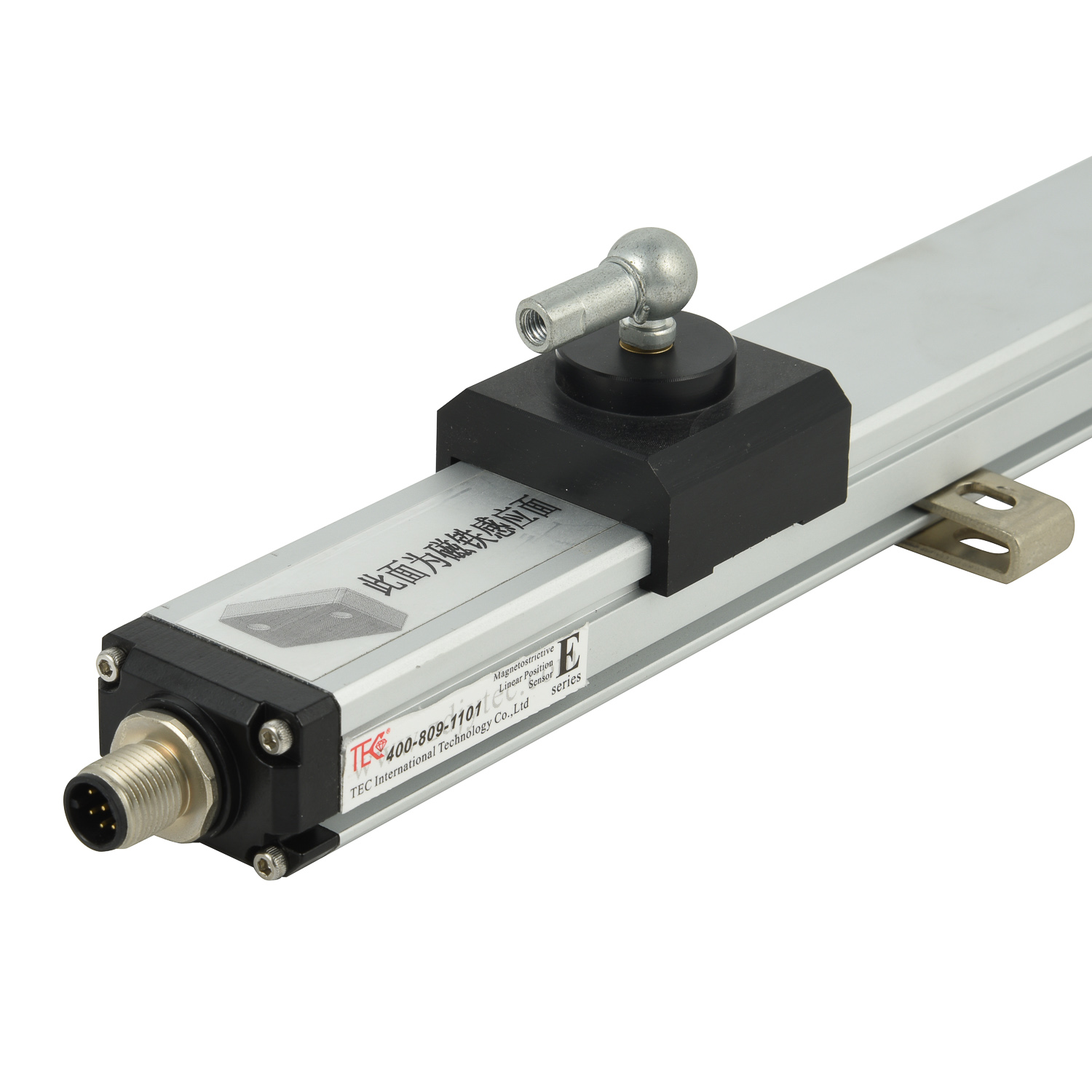
Reduced Maintenance and Long-Term Reliability
The robust construction of Coriolis flow meters translates to minimal maintenance requirements, even when handling abrasive or corrosive viscous fluids. Without bearings, seals, or other wear-prone components found in positive displacement or turbine meters, these instruments deliver extended service life with minimal intervention. The continuous measurement validation through dual sensors detecting both phase and frequency provides built-in diagnostics, alerting operators to potential issues like tube coating or partial blockages before they affect process quality.
Multi-Parameter Measurement Capability
Beyond simply measuring flow rate, Coriolis technology simultaneously provides density, temperature, and viscosity data from the same measurement. This multi-parameter capability eliminates the need for separate instruments, reducing installation costs and potential measurement discrepancies. For viscous substance applications, having direct density measurement enables immediate quality verification, while temperature data ensures proper process control. The comprehensive data set allows for sophisticated process optimization that simply isn't possible with single-purpose flow meters.
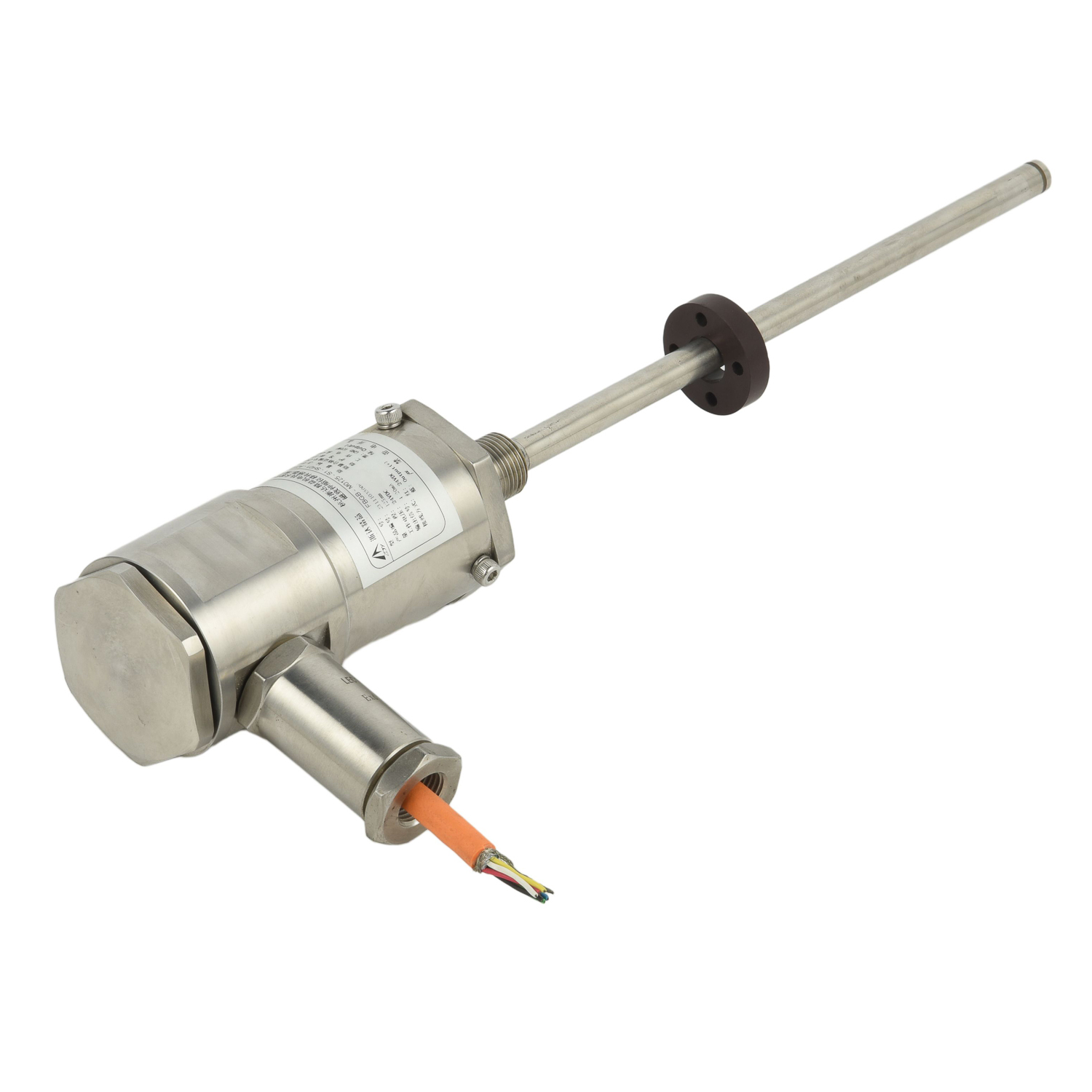 UpgradingYourLevelMeasurementS
UpgradingYourLevelMeasurementS
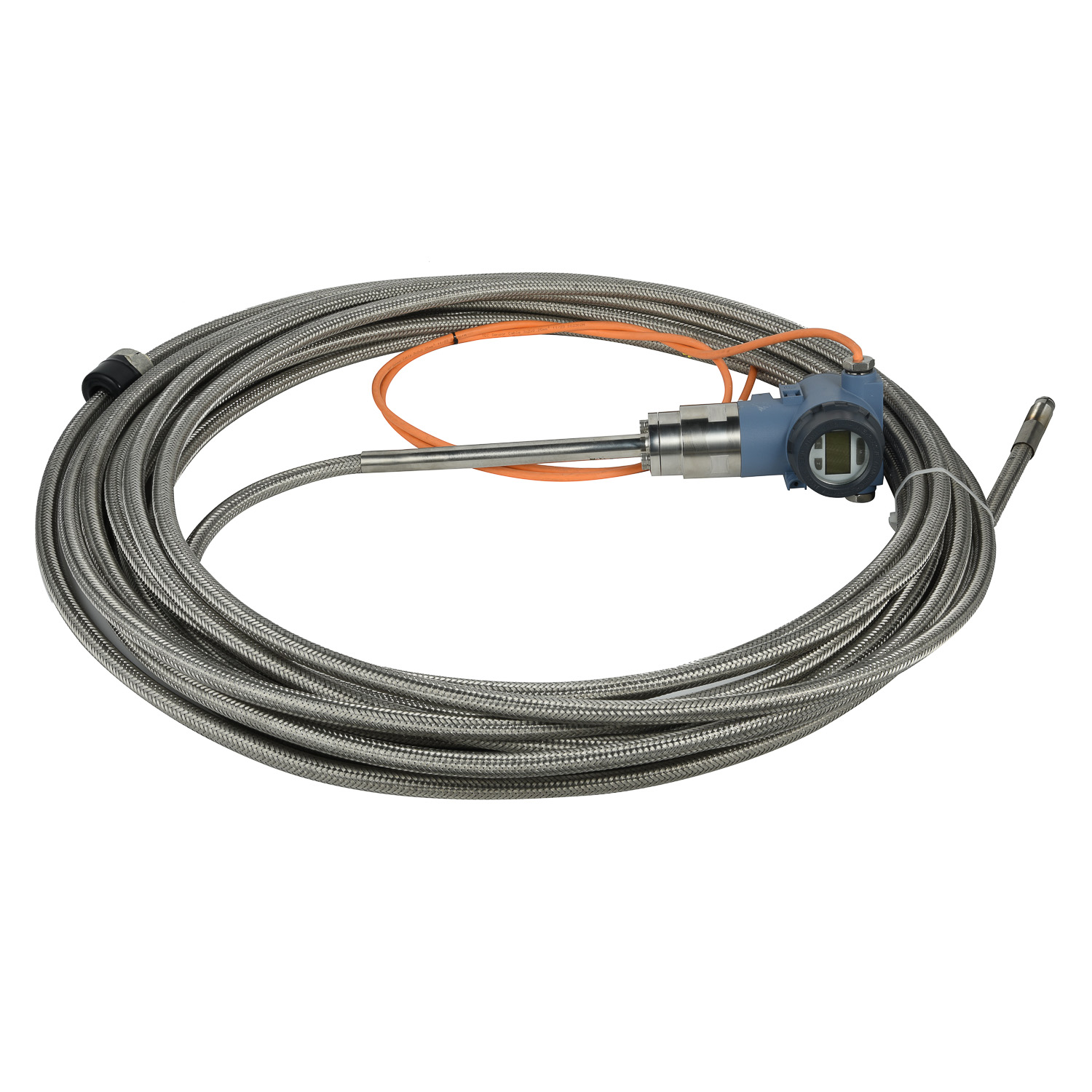 Why are magnetostrictive level
Why are magnetostrictive level
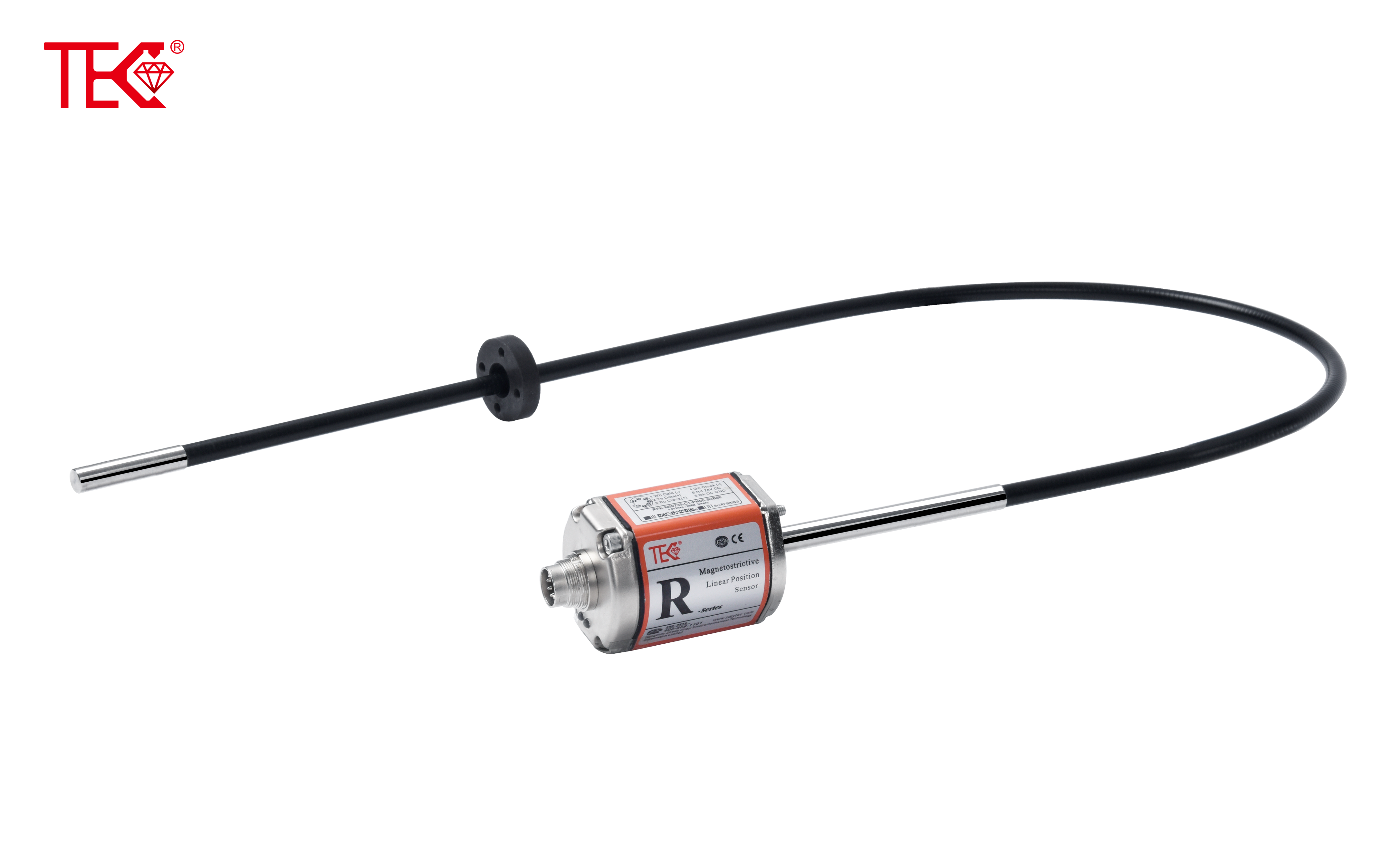 ComparingMagnetostrictiveandRa
ComparingMagnetostrictiveandRa
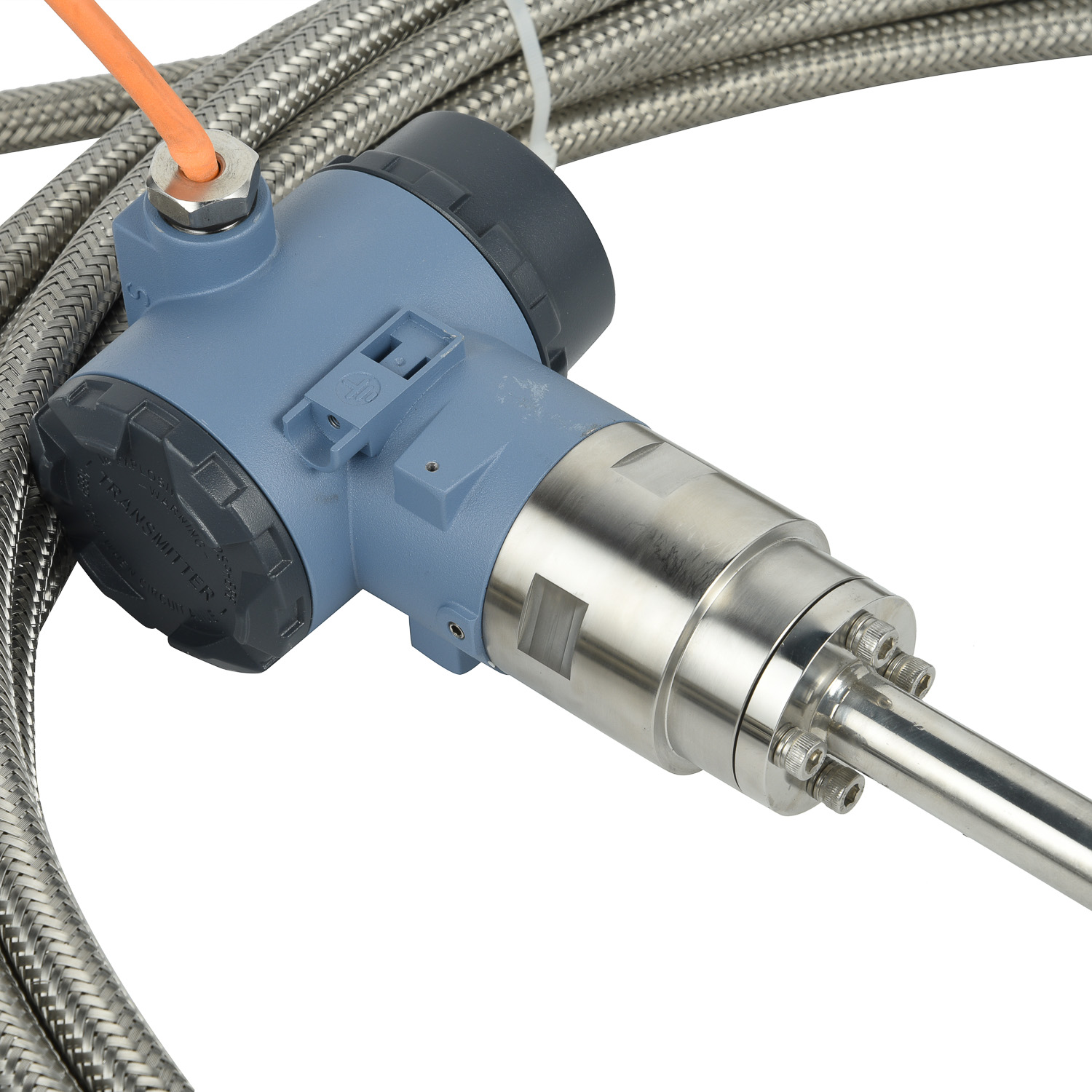 MagnetostrictiveLevelSensorfor
MagnetostrictiveLevelSensorfor
